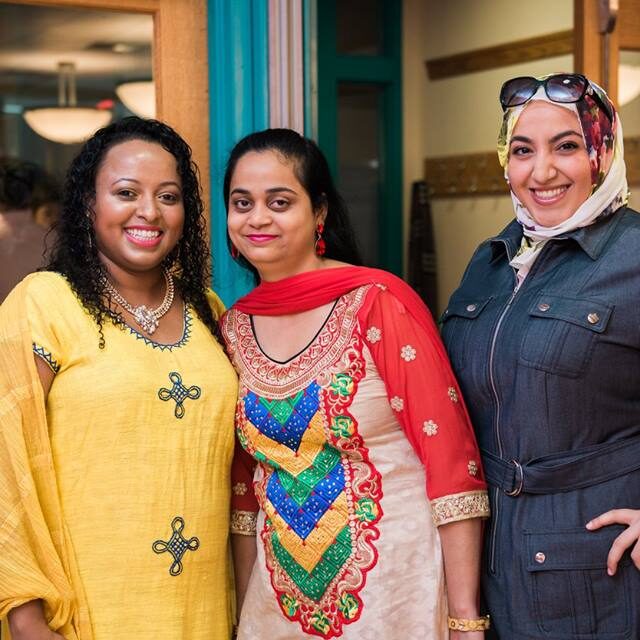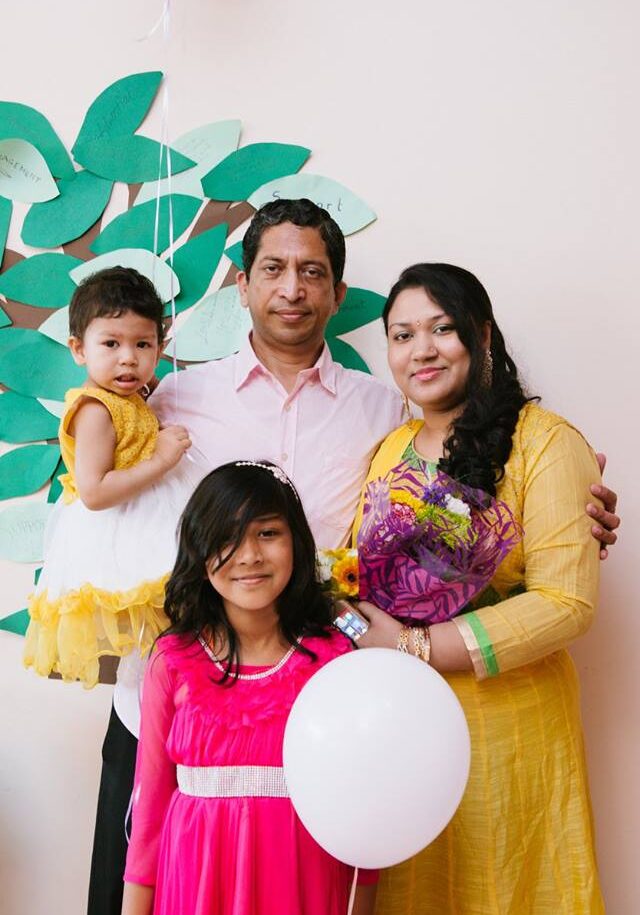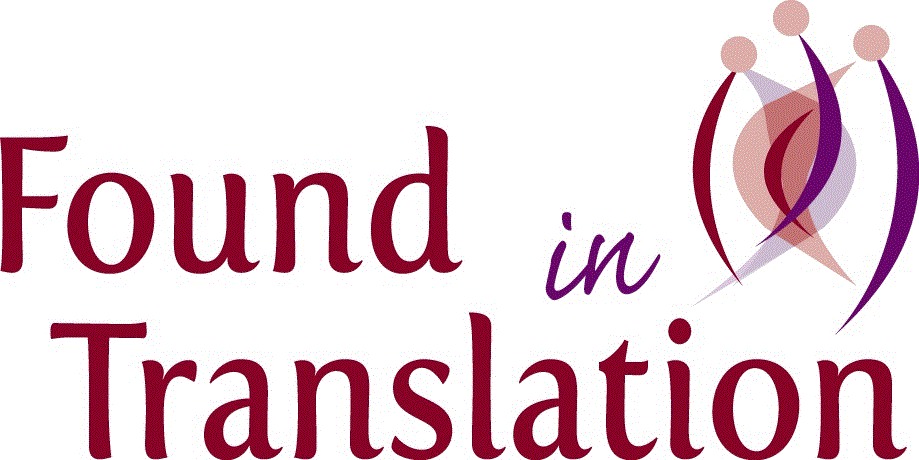
Our Impact
We level the playing field for talented, low-income women, and help them to rise from poverty to economic independence by transforming their most stigmatized characteristic - their linguistic and cultural background - into their greatest asset in the workforce. As interpreters they save lives by providing equitable access to healthcare and vital services.
Our Impact in Numbers
0+
program alumnae
$0/hr
average wage after 1 year
0
languages trained
0
Limited English Speakers served each year
Found in Translation transforms program participants into agents of change, helping them to move from the margins of society into positions that enable them to achieve economic security and give back to their own communities.
As medical interpreters, our graduates partner with us in reducing ethnic, racial and linguistic disparities in healthcare, and advance equality in healthcare access and improve patient outcomes. Further, they reduce healthcare costs and save taxpayer dollars by preventing medical errors and inefficiencies.

Found in Translation alumnae achieve...
Economic Security
Of our 309 program graduates so far, all were low-income, 45% are single moms, and 49% were homeless or had a history of homelessness at program intake. Through our Language Access Fellowship Program, graduates have used their newly acquired skills and resources to achieve more economic security.
We are proud to report that for each class, the average wage climbs from under $15/hour at intake to nearly $25/hour one year post-graduation, and stays at that level. Several of our interpreters now earn as much as $50/hour.
In 2021, each Found in Translation alumna earns on average $13,000 more per year than she did before our program. Added up over ten years, this translates to $15 million dollars in additional earnings infused into low-income communities directly benefiting minority, low-income women and their families.
Professional Success
Our model transforms our program participants into agents of change, helping them to move from the margins of society into positions that enable them to achieve economic security and give back to their own communities.
Graduates are continuously engaged with Found in Translation, serving as Faculty in our programming, Volunteers, Donors, Leaders and mentors for their peers, and Interpreters in our Interpreter Services
Graduates are powerful, they accelerate and amplify each other’s success, use their status to open doors and promote their peers, influence entire school districts, and are employed at all of Boston’s top hospitals.
Language Access
Through our Language Access Fellowship Program, graduates have used their newly acquired skills and resources serve their communities:
- Just one of our interpreters (a full-time interpreter) may serve ~500 people in one year, giving providing the opportunity for otherwise silenced patients to participate in their healthcare.
- As medical interpreters, our graduates become partners with us in our mission to advance equality in healthcare access, improve patient outcomes, and save lives in their communities.
- Some alumnae have branched out beyond the medical field into court and legal interpreting, while others have used their training to advance to non-interpreting positions in medical settings that require bilingual skills, such as health insurance representatives, patient navigators, and community health workers.
Impact and Influence
Our alumnae are serving over 60,000 Limited English Speakers each year through their work as interpreters.
These women represent 50 different countries and are speakers of 54 different languages.
Graduates of Found in Translation are currently employed by:
- Beth Israel Deaconess Medical Center
- Lowell General Hospital
- Language Line
- Massachusetts General Hospital
- Trial Courts of Massachusetts
- Catholic Charities
- Cross Cultural Communication Systems
- Benoit Interpreting
- Stratus Video Remote Interpreting
- Transperfect
- American Translation Partners
- Greater Boston Legal Services
- Tufts University School of Medicine
- Massachusetts Advocates for Children
- M.A.P.A.
- Carney Hospital
- Massachusetts General Hospital
- Brockton Neighborhood Health Center
- Boston Medical Center
- Brigham and Women’s Hospital
"Found in Translation is doing great to help us, women,
to the next level of professional work. "
Kim, Vietnamese Interpreter
"After this course, I got my first job in the US.
I used to be a full-time mother before enrolling in Found In Translation."
Helen, Cantonese Interpreter
"It was the encouragement - it was that I was told: Yes, this country needs what you have.
You have a value and this is what makes all the difference in the world."
Serafima, Russian Interpreter
“After completing the program my life changed drastically. My salary almost doubled [and] I got better job opportunities.”
Anonymous, Found in Translation Graduate
“Found in Translation gave my professional self meaning and purpose; a career where I'm continually encouraged to learn and where I can use my skills to empower members of my community.”
Wilda, Spanish Interpreter
“Found in Translation gave me a foundation to start off a career that I never thought I could afford.
My skills have enabled me to bring smiles to limited English speakers by making communication easier."
Delfine, Swahili Interpreter
Our Future

Approximately 20% of the US population (64 million) is bilingual, and 8% (26 million) is Limited English-Proficient, and we have found a way to simultaneously serve these two growing, disconnected, yet interdependent populations.
Every major city in the US has both an abundance of bilingual talent trapped in poverty (would-be interpreters) and non-English-speaking residents who require the services of medical interpreters in order to exercise their legally protected right to equal healthcare access.
Our proven model is highly replicable, and we continue to receive inquiries from all over the US and the world about bringing our program to other communities. At scale, we have the potential to make a significant and permanent shift in the way both economic opportunity and health equity are distributed across race, gender, and ethnicity.
Our long-term growth strategy involves bringing our effective, highly replicable model to other cities; in the meantime, the focus of our goals rest on empowering our growing interpreter community here in the greater Boston area to reach its full potential and partnering to catalyze systemic change.

